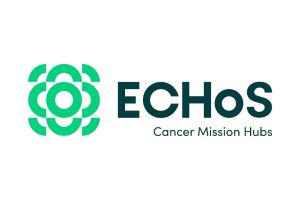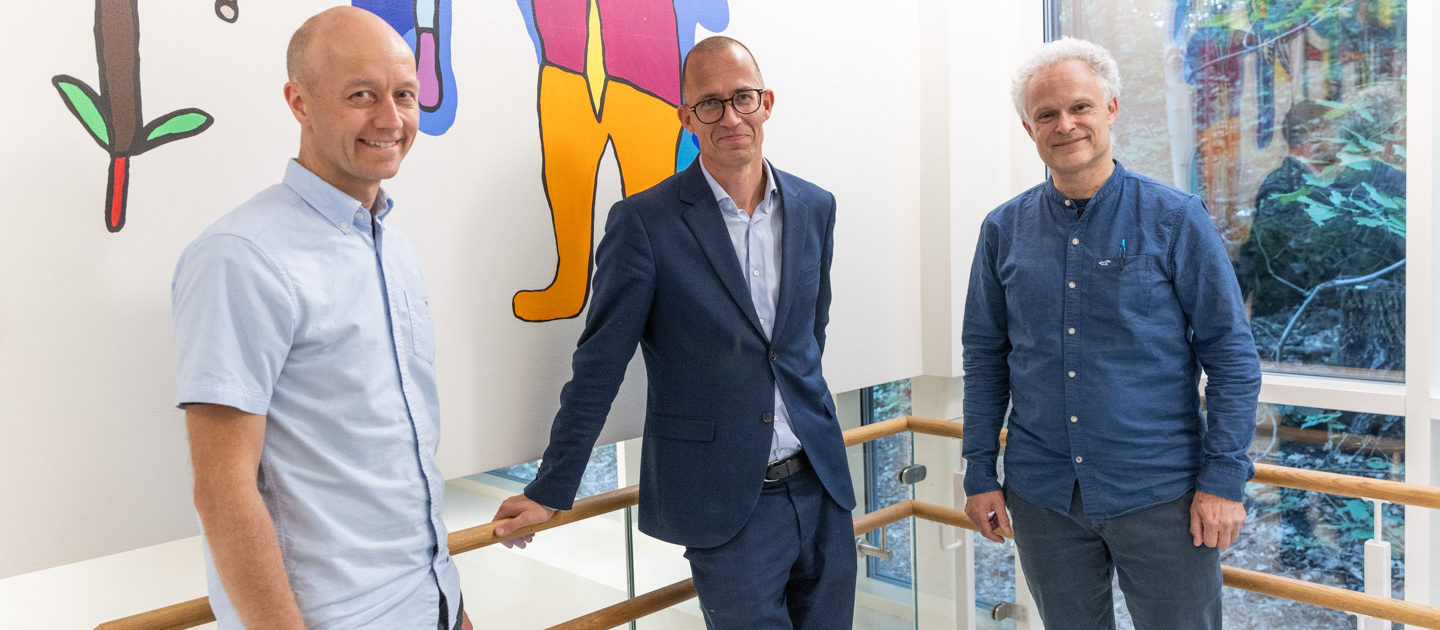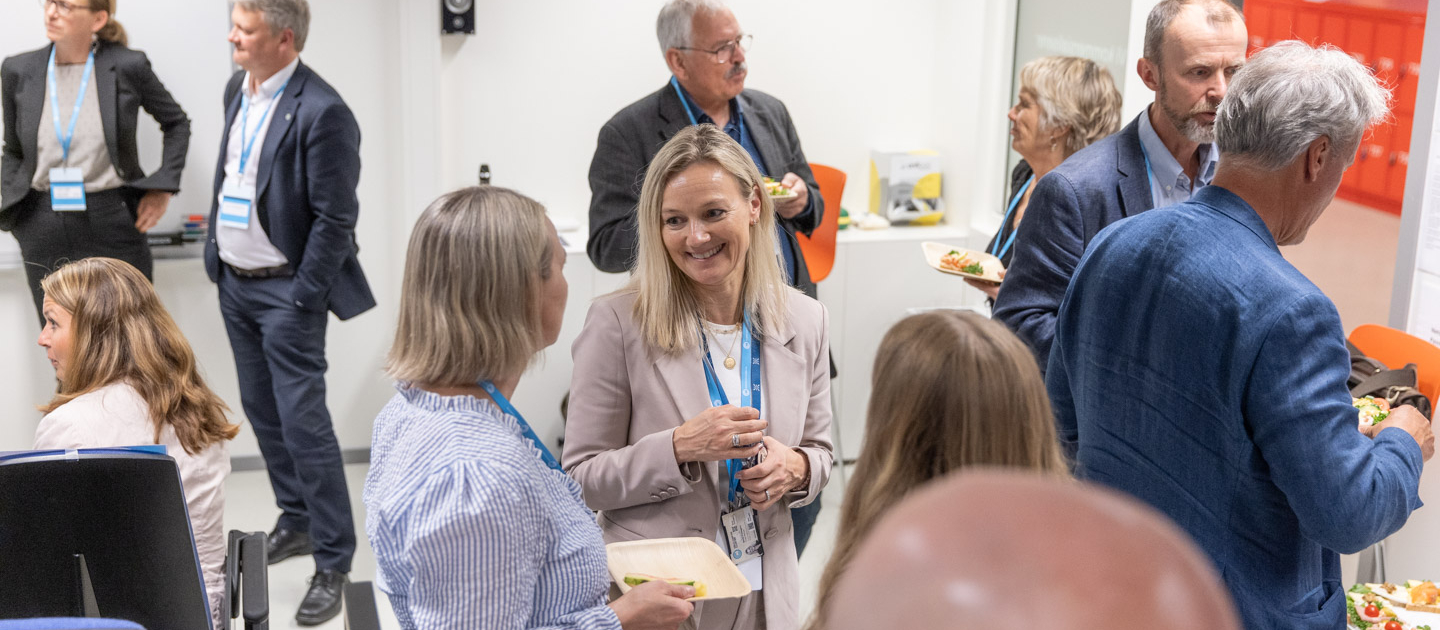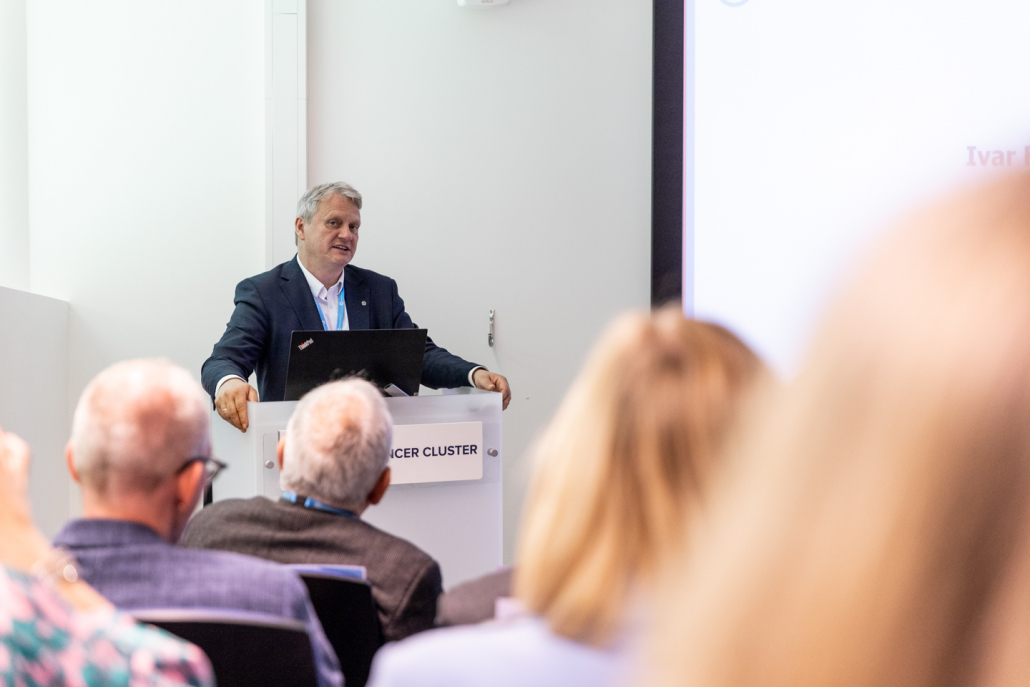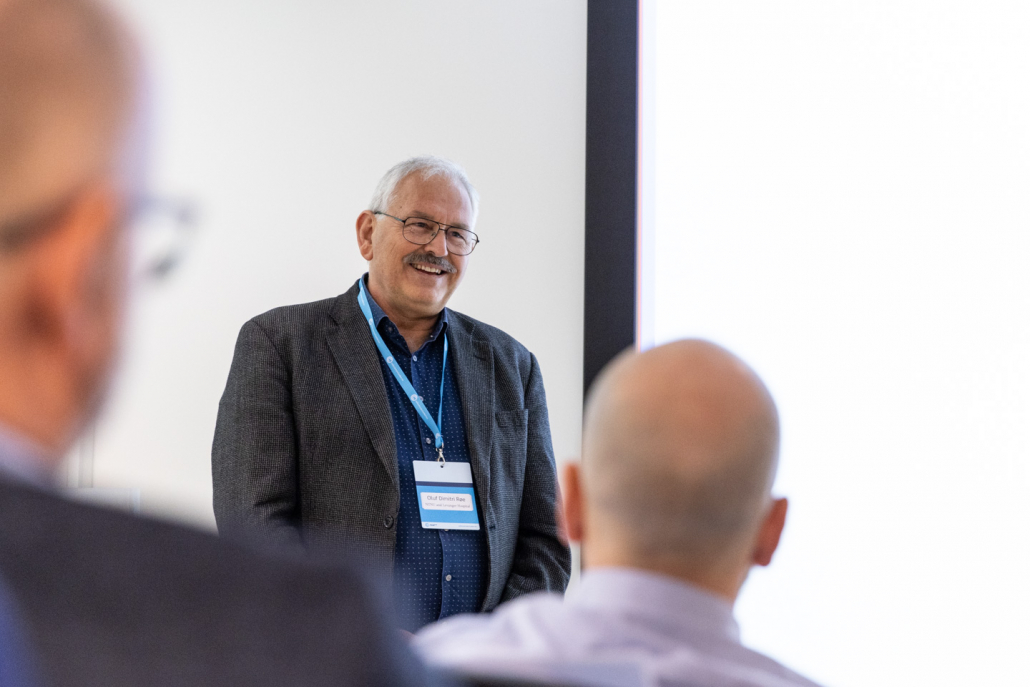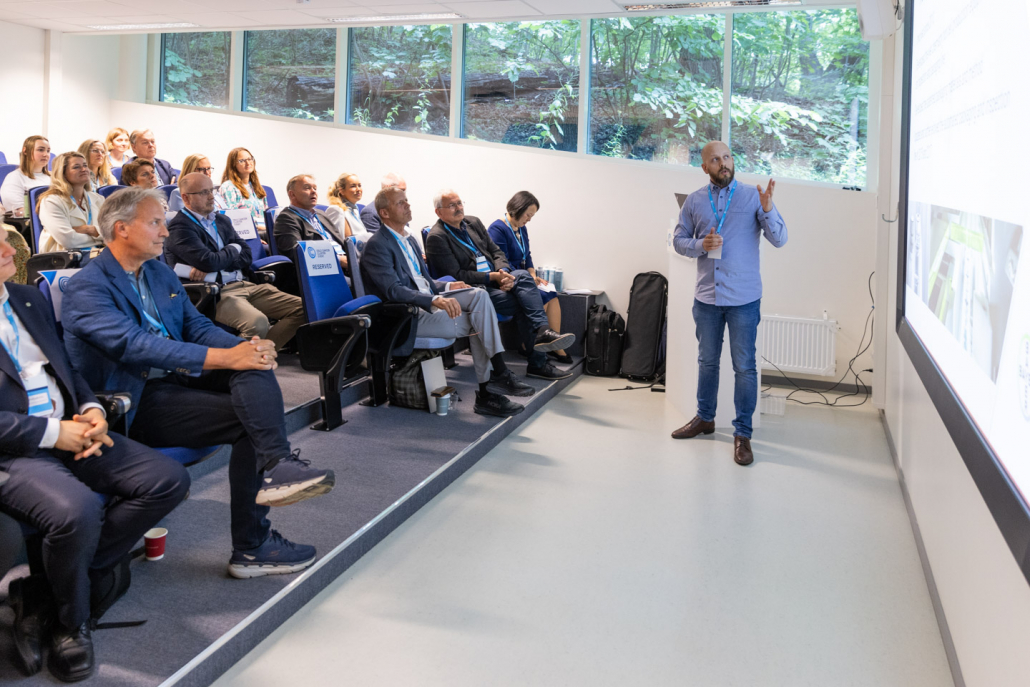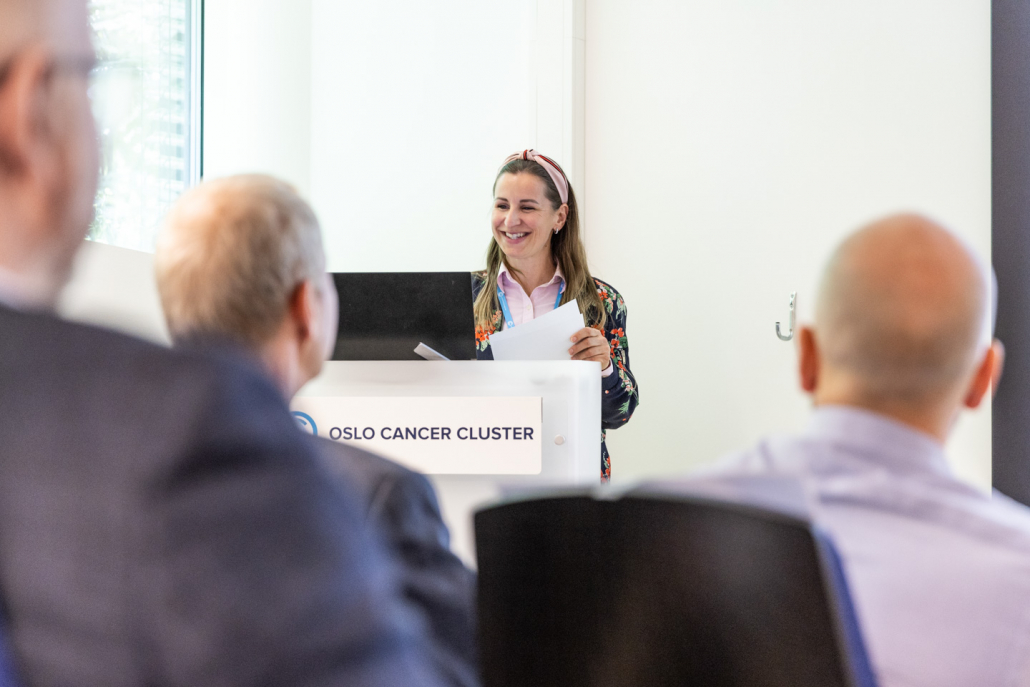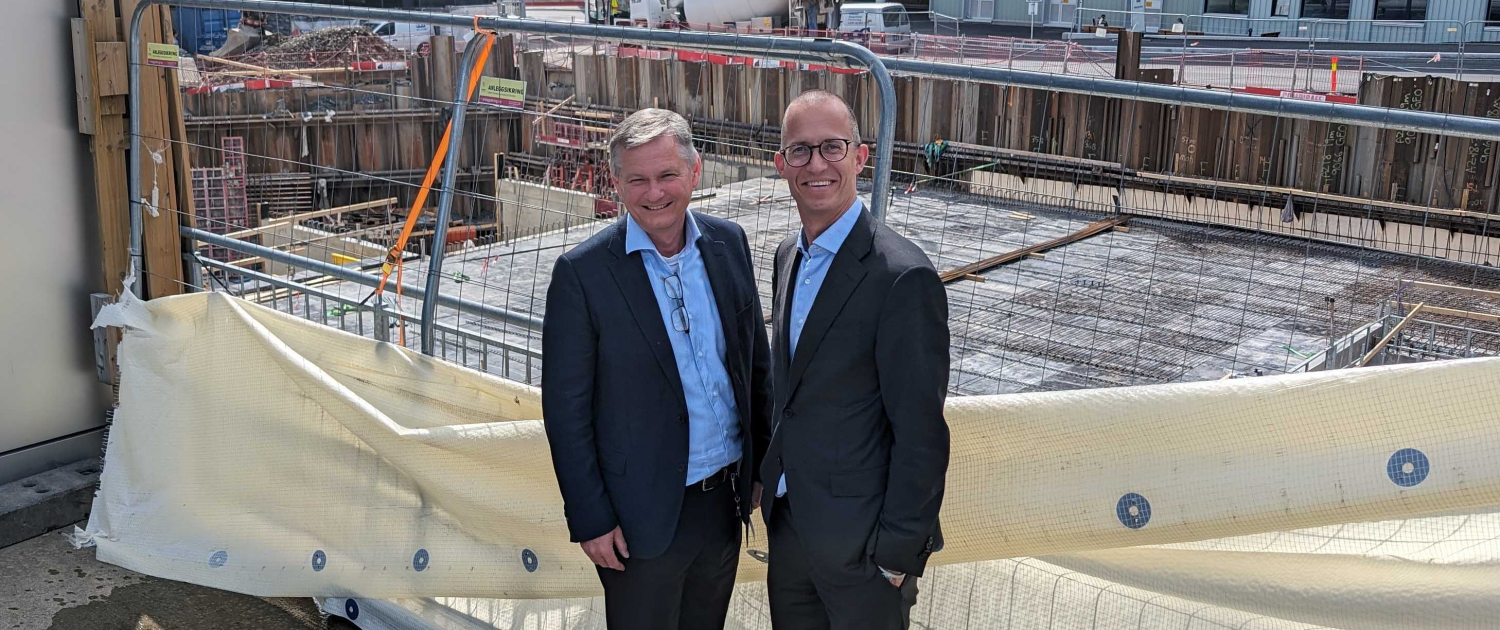ECHOS gathers Europe against cancer

An international cancer collaboration is paving the way to improve the lives of 3 million people.
For one year, ECHOS members have been working together to establish cancer mission hub structures across Europe. The project, which has received €6 million in funding from Horizon Europe, brings together 57 organisations in 28 countries and covers the entire cancer ecosystem. They will ensure that the EU’s efforts in the cancer field have an impact. The project is holding its General Assembly at The Oncology Institute “Prof. Dr I. Chiricuta” in Cluj-Napoca in Romania this week.
We spoke to two key contributors to the project, Anabela Isidro, coordinator from AICIB, an organisation for clinical research and biomedical innovation in Portugal, and Bettina Ryll, strategist for Vision Zero Cancer, a cross-sectional innovation environment against cancer in Sweden.
“Now we’re planting the seeds, developing models for the national hub structures and starting to understand how to involve stakeholders and citizens.”
“Now we’re planting the seeds, developing models for the national hub structures and starting to understand how to involve stakeholders and citizens,” says Anabela. “We’re working on spreading the word about the social mission on cancer and what we can do to improve the lives of 3 million people. We’ve been to several countries and had dialogues with stakeholders at regional and local levels about how they can be involved in the work. Citizens are also important here, as is the exchange of experiences between countries. We are now sharing the good examples and learning from each other.”
ECHOS is now in its second year, and the contours of what the project can develop into are beginning to emerge. The partners have spent time getting to know and understand the concept of the social mission. They have learned where they have advantages and where there are shortcomings. There are big differences between the countries and there is a lot to learn from each other. The hope is that the hubs will become even bigger and reach even more people.
“There is now an international community working together, building consortia and collaborating on ideas that we didn’t have before.”
“Everyone is impatient, and we want to see direct results for patients right away. We forget that today we have momentum for the cancer cause in Europe that we haven’t had before. There is now an international community working together, building consortia and collaborating on ideas that we didn’t have before. Without Cancer Mission, we wouldn’t have this,” says Bettina Ryll, who has a research background and is a committed advocate for cancer patients and their families.
ECHOS also focuses on establishing lasting structures that ensure that the various communities can unite in the fight against cancer, even if the political attention disappears. Those involved recognize that there are many disease groups that deserve increased attention, and the progress on cancer can pave the way for these. Oslo Cancer Cluster, The Research Council of Norway and the Norwegian Cancer society among others are actively contributing to the project from Norway.
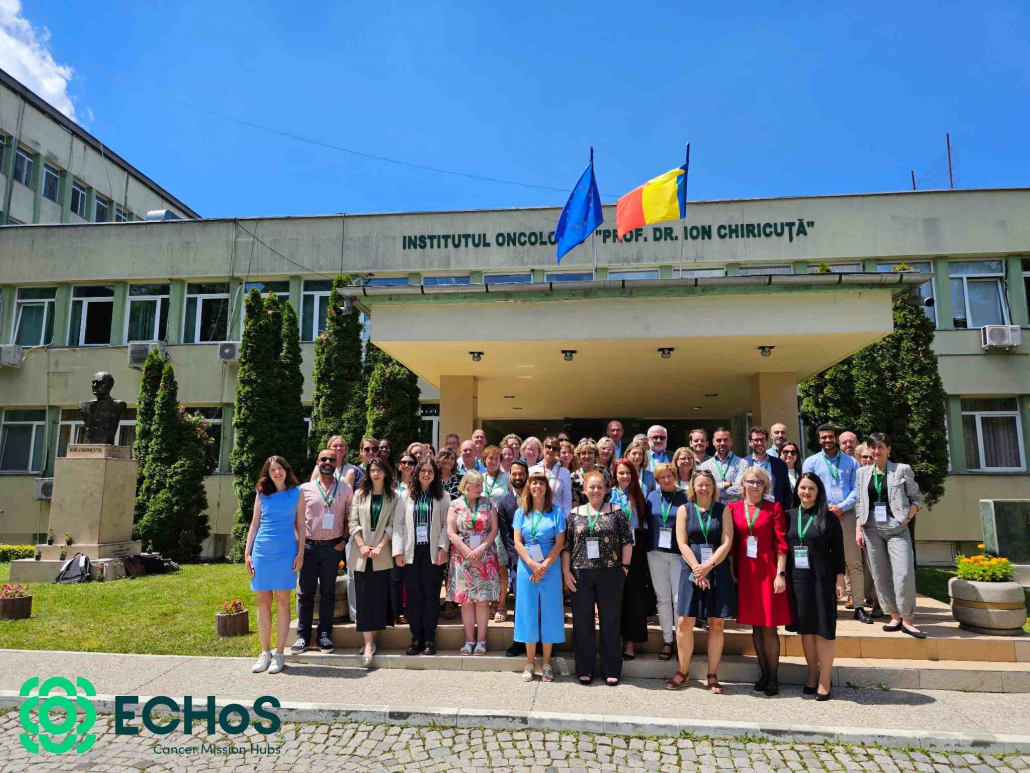
57 organizations from 28 countries are participating in the project ECHoS – Establishing of Cancer Mission Hubs: Networks and Synergies. The group in the photo were present at the General Assembly that took place in Cluj-Napoce, Romania, June 17-19 this year. Photo: Astrid Bjerke
- Read the news in Norwegian on Cancer Mission Hub Norway’s website
About ECHoS
ECHoS is a European project, funded by Horizon Europe Programme. It aims at supporting the implementation of the Cancer Mission activities in all Member State and Associated Country (MS/AC) through the establishment and development of National Cancer Mission Hubs (NCMHs) operating at national, regional, and local levels.
Read more on the ECHoS website.
The post ECHOS gathers Europe against cancer first appeared on Oslo Cancer Cluster.

